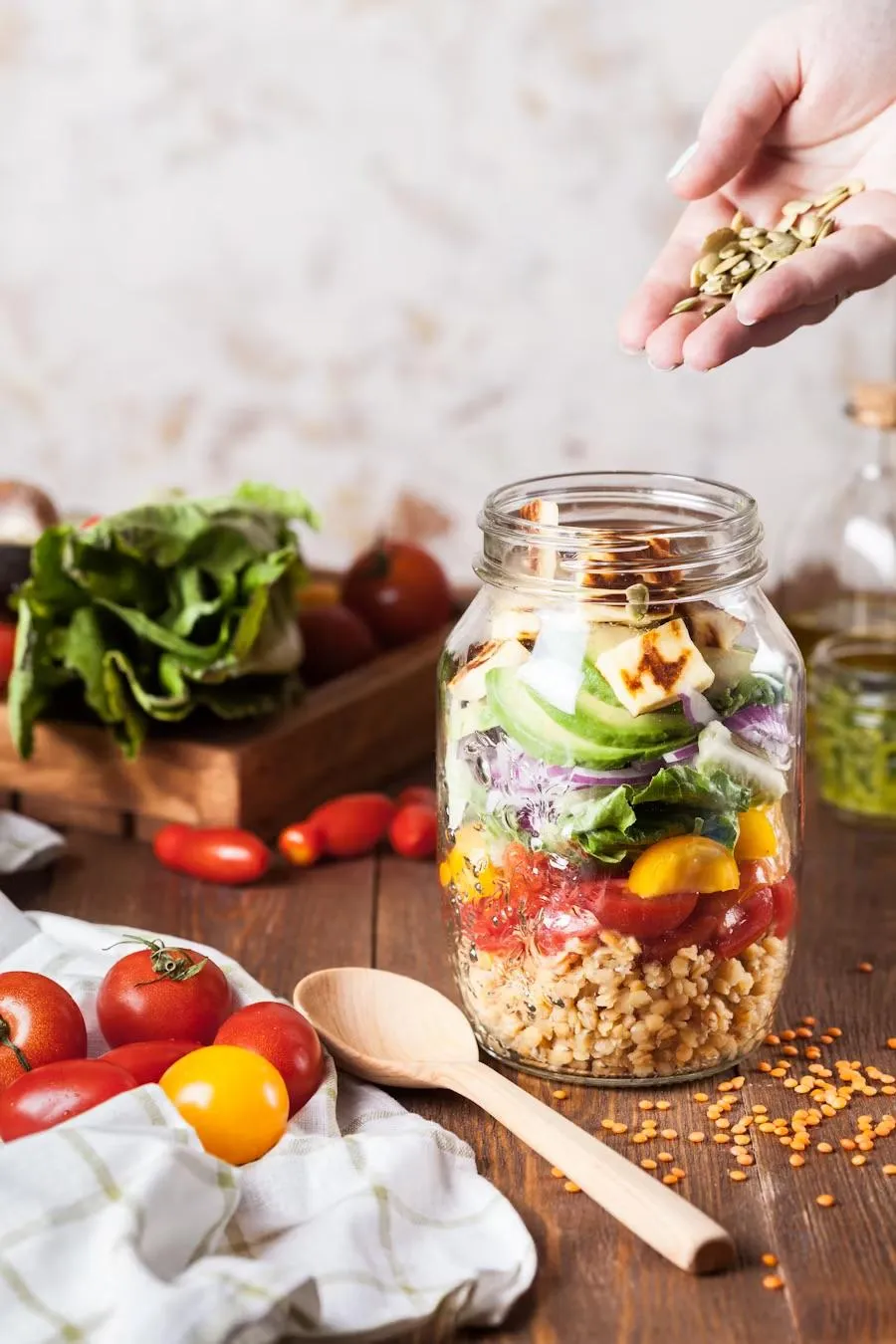
Our Weight, Ability to Prevent Illness and Disease, and Longevity All Depend On This
There’s one food group that outshines all others when it comes to achieving and maintaining a healthy weight, preventing illness and disease, reducing symptoms when you do get sick, and increasing your lifespan:
Vegetables.
No wonder Mom used to say, “You’re not leaving the table until you eat your vegetables.” She wasn’t being cruel—she understood that health is one of the greatest gifts you can give yourself and the people you love.
Fiber, phytochemicals, and antioxidants—essential for maintaining a healthy, fit body—are found primarily in fruits and vegetables. Fiber supports digestive health, stable blood sugar, and nutrient absorption. It also helps you feel full, encouraging you to eat nutrient-dense foods rather than calorie-dense ones. Phytochemicals and antioxidants protect your cells from free radical damage, reduce inflammation, support a balanced immune system, and help reduce the risk of cancer and other diseases.
Animal products contain no fiber, and significantly lower levels of phytochemicals and antioxidants than plant foods. No food group is more nutrient-dense than vegetables.
If your diet is heavy in animal products, dairy, sweet drinks (including juice), and salty snacks, vegetables may not taste appealing. That’s because your taste buds become accustomed to fat, sugar, and salt—all of which are naturally low in plant foods.
But here’s the good news: your body begins to crave what you consistently feed it. As you add more vegetables to your diet, your taste buds adapt—and you’ll begin to enjoy, and even crave, their flavors. Thanks to fiber, plant foods fill you up quickly, helping you eat fewer calories throughout the day.
While the standard recommendation for daily fiber intake is 25–38 grams, most Americans get only around 15 grams. A low-fiber diet—one low in plant foods—can lead to poor gut health, a weakened immune system, and increased risk of obesity, illness, and disease. When the gut isn’t healthy, neither the heart nor brain can thrive. The human body is one system: as the gut goes, so goes the heart. As the heart goes, so goes the brain.
Fiber also plays a crucial role in weight management. A low-fiber diet makes it easy to consume excess calories, while plant-based foods—rich in fiber and nutrients—help prevent overeating. In contrast, heavily processed, sugar- and fat-laden foods are high in empty calories that compromise your health, weight, and longevity over time.
Dr. Joel Fuhrman, physician and best-selling author, recommends 40–60 grams of fiber per day and encourages eating your daily G-BOMBS:
G = Greens
B = Beans
O = Onions
M = Mushrooms
B = Berries
S = Seeds
He suggests consuming at least one pound (about 2 cups) of raw vegetables and one pound of cooked vegetables each day, especially leafy greens (like spinach and kale) and cruciferous vegetables (such as broccoli, bok choy, and Brussels sprouts).
Dr. Fuhrman also outlines the role of fiber-rich foods in disease prevention. Here’s a great article on how they help protect against breast cancer (January 2, 2018).
Fruit is another excellent plant-based food group—rich in fiber, phytochemicals, and antioxidants. While not quite as nutrient-dense as vegetables and containing more natural sugar, fruit is still very beneficial. A good goal is 3 servings of fruit and 8 servings of vegetables per day. A single serving is about half a cup.
That might sound like a lot—but it’s a process, not a race. And once you start, your body will reward you quickly.
For example: A morning bowl of oatmeal topped with berries and chia, flax, and hemp seeds, plus a salad at lunch, gets you halfway to your daily plant-food goal by noon. A snack of fruit and vegetables with hummus or smoothie, a hearty stew or soup for dinner brings it all home—delicious, satisfying, and packed with nutrients.
The benefits start showing up fast. Blood sugar stabilizes, energy stays steady, and you’ll look and feel better. Your taste buds will shift and begin to prefer the clean, satisfying flavors of plant foods—while rejecting highly processed, salty, sugary options.
If you have digestive issues, you may notice improvement quickly. And if weight loss is a goal, a primarily plant-based diet can help you safely lose 1–2 pounds per week.
I hope this encourages you to add even just one more serving of plant foods to your day. Little by little—poco a poco, as they say here in Spain—you can build the foundation for optimal health and well-being.
And here’s the bonus (drum roll): as your health improves, so will your confidence and self-esteem. That’s priceless. It’s why we say:
“Nothing tastes as good as healthy feels—and looks.”
